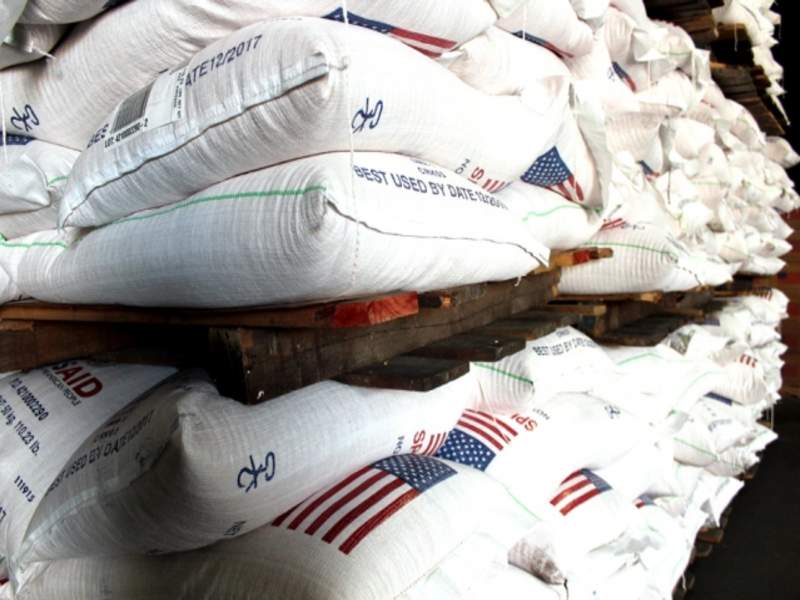

Researchers from MIT Comprehensive Initiative on Technology Evaluation (CITE) in the US have been testing packaging in order to develop a new solution to help reduce food spoilage during transportation.
As part of the research project, funded by the US Agency for International Development (USAID), the researchers are using a variety of alternative packaging materials and containers to identify low-cost packaging for the purpose.
The researchers purchased a milled corn and soybean product, split peas, as well as sorghum, and shipped them to two African destinations, using 11 different packaging options, such as larger bags and airtight liners.
After shipping, they tracked and inspected the consignments, measuring around 1,000t, to determine the effectiveness of the packaging, and identify any issues related to supply chains and handling processes along the way.
CITE researcher Mark Brennan, who has been managing the purchasing process, said that the shipments were being evaluated at various points to evaluate the packaging material’s ability to reduce the fumigation of the packed product.
The experiment was also designed to calculate and reduce the cost of losses that could be caused by spoilage, insect infestation, mould or spillage.
It discovered that some packaging types that seemed promising during the test were not being produced abundantly.
Brennan said: “With smarter packaging, we can change when, from where, and to whom we send food aid, making food assistance more equitable and affordable.”
Image: Researchers are systematically exploring a variety of alternative packaging materials and containers to see which work best. Photo: courtesy of CITE researchers.



